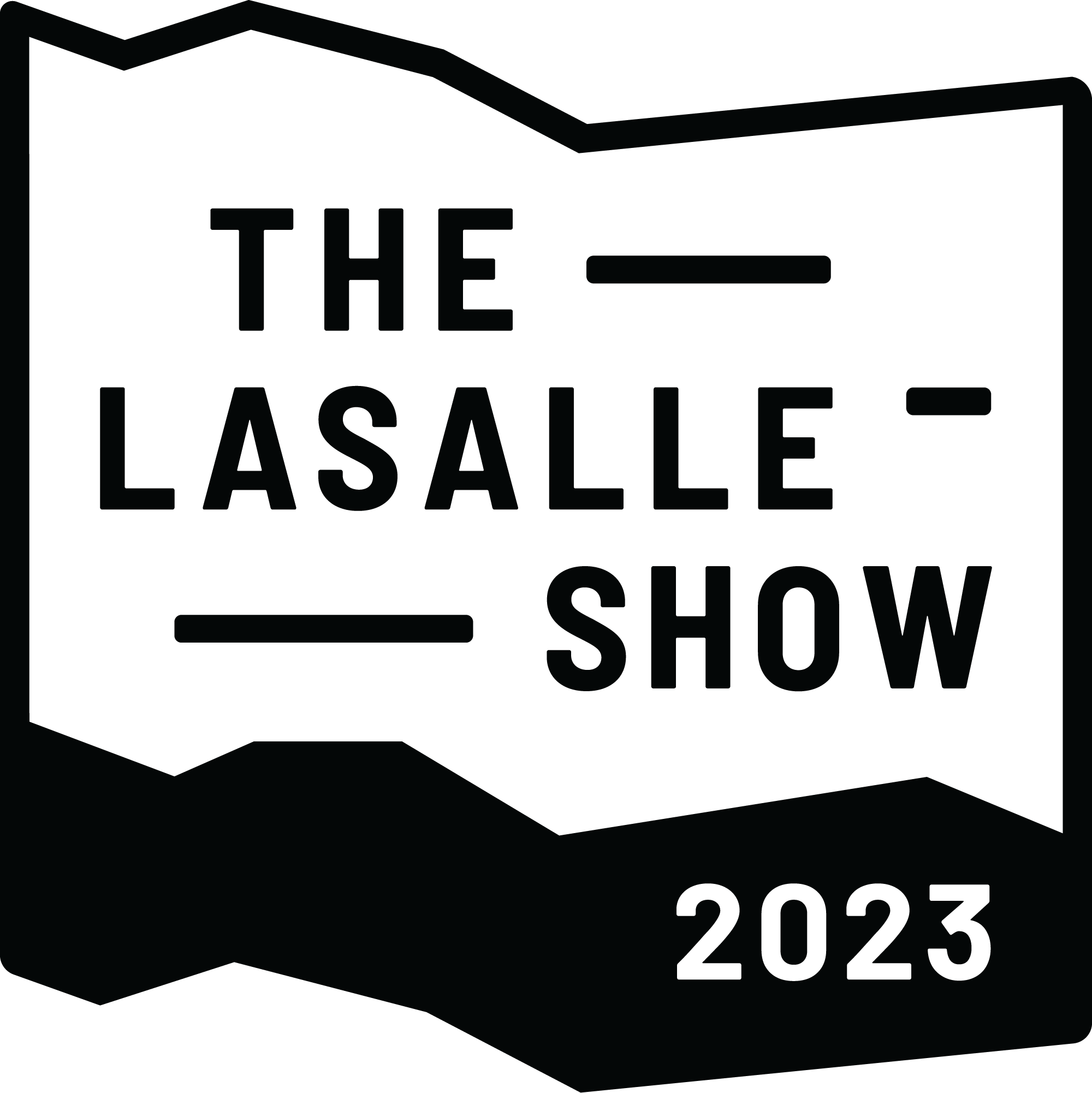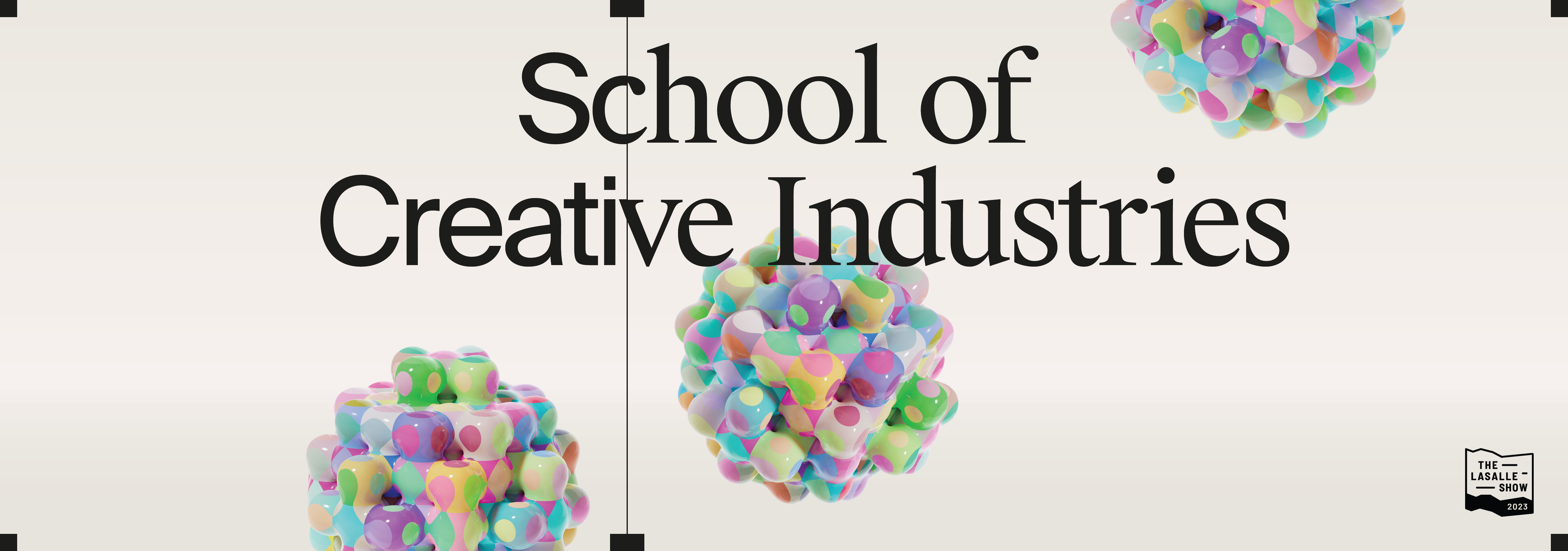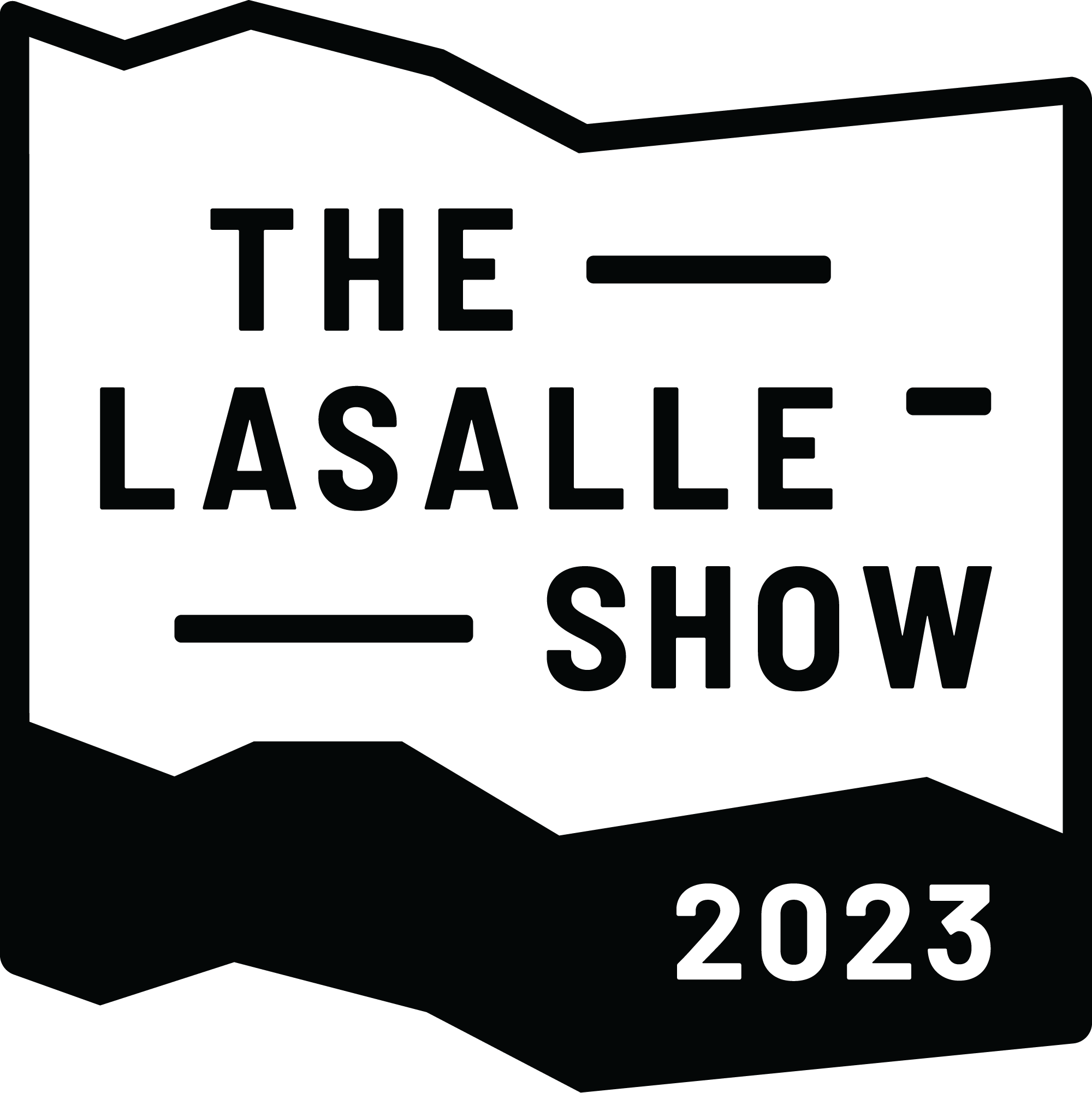Emotions in the design process: Effects on art-making and its outcomes
While there is extensive research indicating that emotions significantly impact the creative problem-solving process, relatively little attention has been given to exploring the role of emotions in the design process. Drawing on a phenomenographical approach, this thesis investigates the relationship between emotions and the cognitive design process by examining the lived experiences of four experienced designers through recorded interviews and journaling during a real-time design project.
The data analysis helped us pinpoint the different types of emotions and distinct categories of understanding that can significantly impact the design process such as: (1) tone of emotions are established during alignment between project and client, (2) tendency of high arousal emotions occur during ideation phase, (3) unforeseen challenges that affect problem solving trigger high arousal emotions, (4) structure, moderation and focus of project completion can manage emotions, (5) emotions are managed by external activities or other motivators out of the project, (6) feedback and validation helps emotional management during design process, (7) final design outcomes can positively change overall emotions and perceptions of work, and (8) personal and professional growth is supported by reflecting on emotional patterns.
The study also reveals various strategies that experienced designers use to regulate their emotions, and how design learners and novice practitioners could apply these emotion management strategies in their work. In sum, emotions are deeply rooted in the human consciousness and thus ought to be an essential aspect of the design process that is implemented universally.





